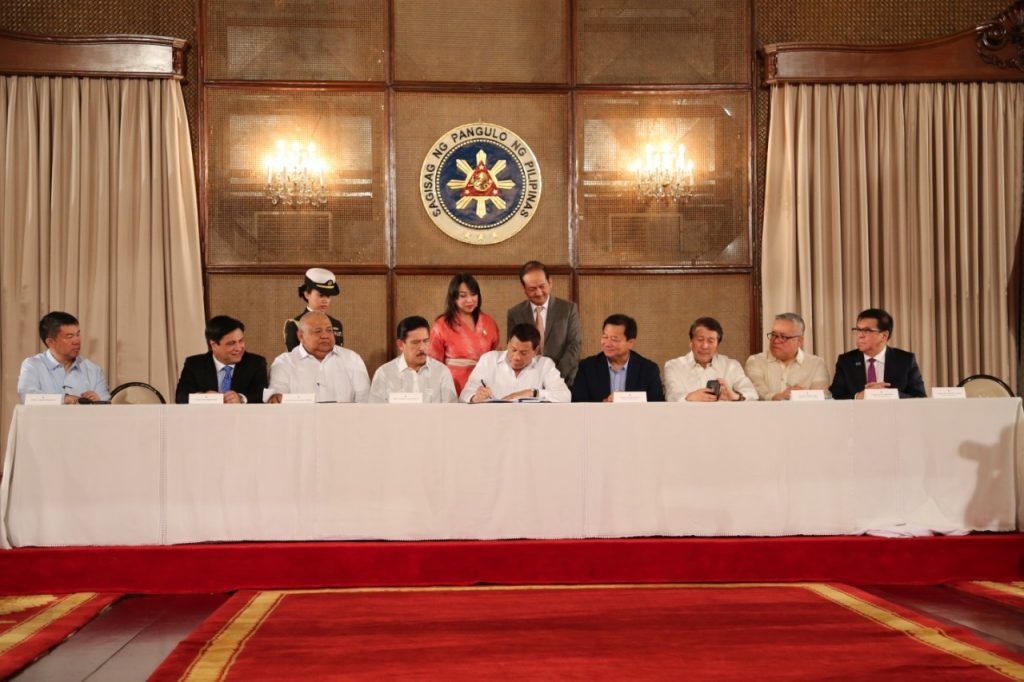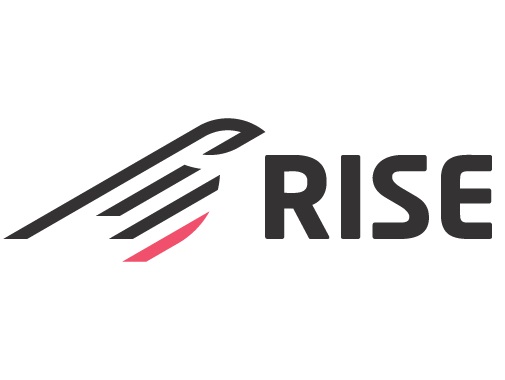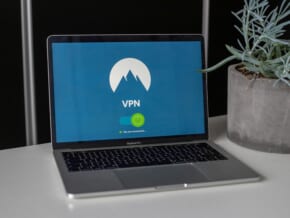Differences between Anti-Red Tape Act and Ease of Doing Business Act
President Rodrigo Duterte recently signed Republic Act (R.A.) No. 11032 or the Ease of Doing Business and Efficient Government Service Delivery Act of 2018. It is, essentially, a revamped version of 2007’s R.A. 9485 or the Anti-Red Tape Act of 2007.
 WILL IT MAKE A DIFFERENCE? A read-through of R.A. 11032 is looking like a resounding yes./IMAGE dti.gov.ph
WILL IT MAKE A DIFFERENCE? A read-through of R.A. 11032 is looking like a resounding yes./IMAGE dti.gov.ph
While most of R.A. 9485 remained intact after the new bill’s passing, there are a couple of provisions that separate R.A. 11032 from 9485, namely:
The inclusion of overseas government instrumentalities
RA 9485 was limited to frontline services in all government offices, agencies, local government units (LGUs), and government-owned and controlled corporations (GOCCs). RA 11032 now includes every single office, agency, or GOCC the government has power over (looking at you, consular offices and Philippine embassies).
This effectively places all Philippine embassies and consulate offices located all over the world under a microscope. OFWs have long complained about how much time passes before a Philippine embassy or consulate office acts on a request. Yes, there are restrictions as to how fast they can act, but that should not give them leeway on how long they can make OFWs and their relatives (whether Filipino or foreigner) wait.
Zero-Contact Policy
A new section was added to RA 11032: Sec. 7 or the Zero-Contact Policy. According to the new Sec. 7:
Except during the preliminary processing of a request and evaluation of the sufficiency of submitted requirements, no government officer or employee shall have any contact IN ANY MANNER, unless strictly necessary, with any applicant or requesting party concerning an application or request.
This removes any chance of “under-the-table” transactions (i.e. bribes) during the course of processing an application or request, arguably the easiest way of corrupting the system.
To further solidify the Zero-Contact Policy, the Department of Information and Communications Technology is working on a web-based, software-enabled business registration system that, when completed, will be the first (and possibly sole) point of contact everyone will have with any government office, agency, LGU, or GOCC here and abroad.
Bigger accountability for receiving officers
Being a frontline employee in a government office, agency, LGU, or GOCC was once compared to being a receptionist. You would only say yes you received the document without so much as being required proof or being held accountable if anything goes missing.
With the updates to Sec. 9 (which used to be Sec. 8), receiving officers (i.e. the people you usually talk to at a government office’s many “windows”) can now be held liable, as they will be required to do the following:
- Inform you of any deficiencies in the requirements you just submitted
- Assign your application/request a unique identification number that will henceforth be used throughout that agency when referring to your application/request
- Give you an acknowledgment receipt with the seal of the agency, the name of the responsible officer/employee, his/her unit and designation, and the date and time of receipt of your request.
It also helps that every single employee you will transact with will be issued an ID.
Shorter processing times
One of the most important parts (and probably the most talked about) of RA 11032 is the way it sets processing times for each type of transaction.
Simple transactions (anything that requires nothing more than a ministerial action or an inconsequential issue that asks for nothing more than a resolution) should be acted on within 3 days.
Complex transactions (those that require evaluation in the resolution of complicated issues) should last no more than 7 days in their agency/office.
Actions or requests that involve activities which could be a threat to public health, safety, morals, policy, or a highly technical application should be done within 20 days or as determined by the agency concerned, whichever is shorter.
Another way it does this is by limiting the number of signatories to (at most) three people. There were requests that used to require significantly more, which effectively denied you a chance at getting your application/request acted on.
Also read: Ease of Doing Business Law cuts down on Red Tape
As far as expats are concerned, these are the changes you should watch out for. If you want to look into the specifics, you can visit www.officialgazette.gov.ph to see the signed document.
Do you think RA 11032 would really help remove red tape from government offices, agencies, LGUs, and GOCCs once and for all? Let us know in the comments section below.
Written by Andronico Del Rosario













